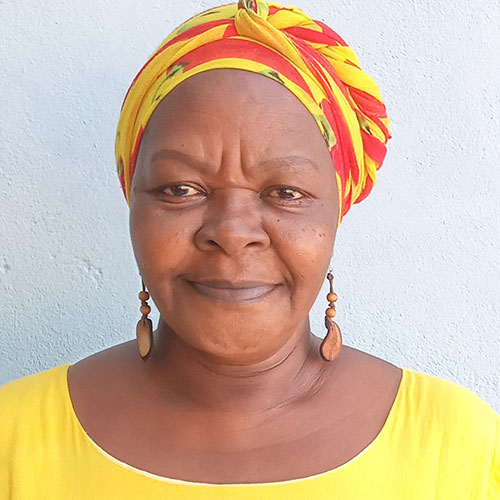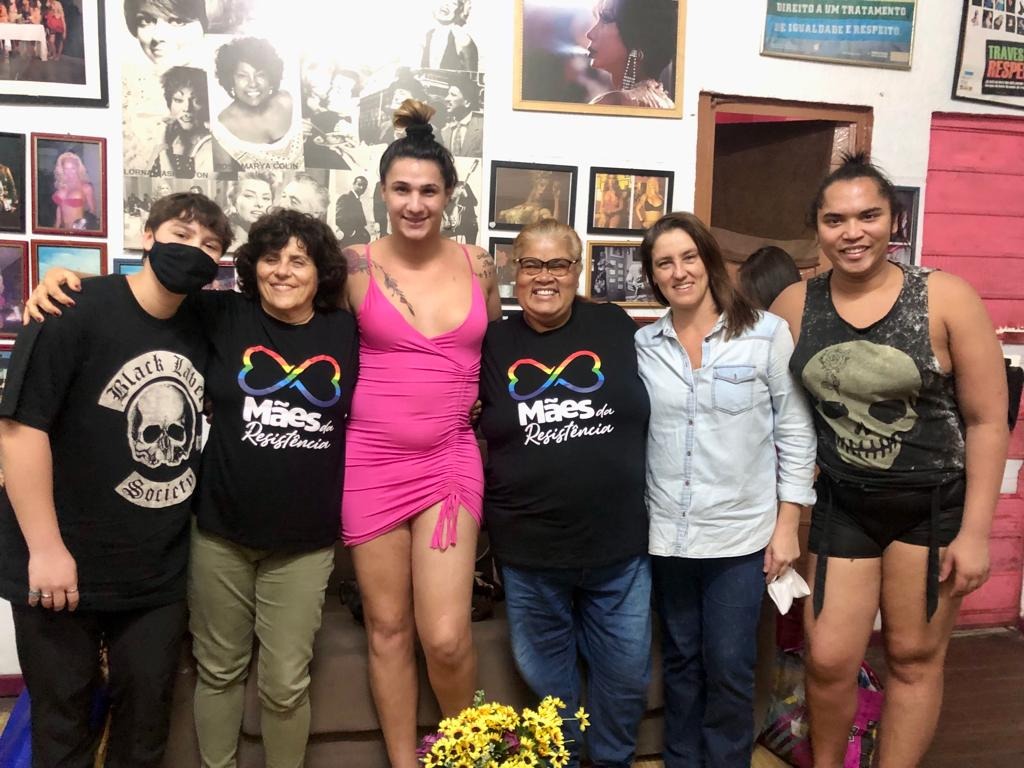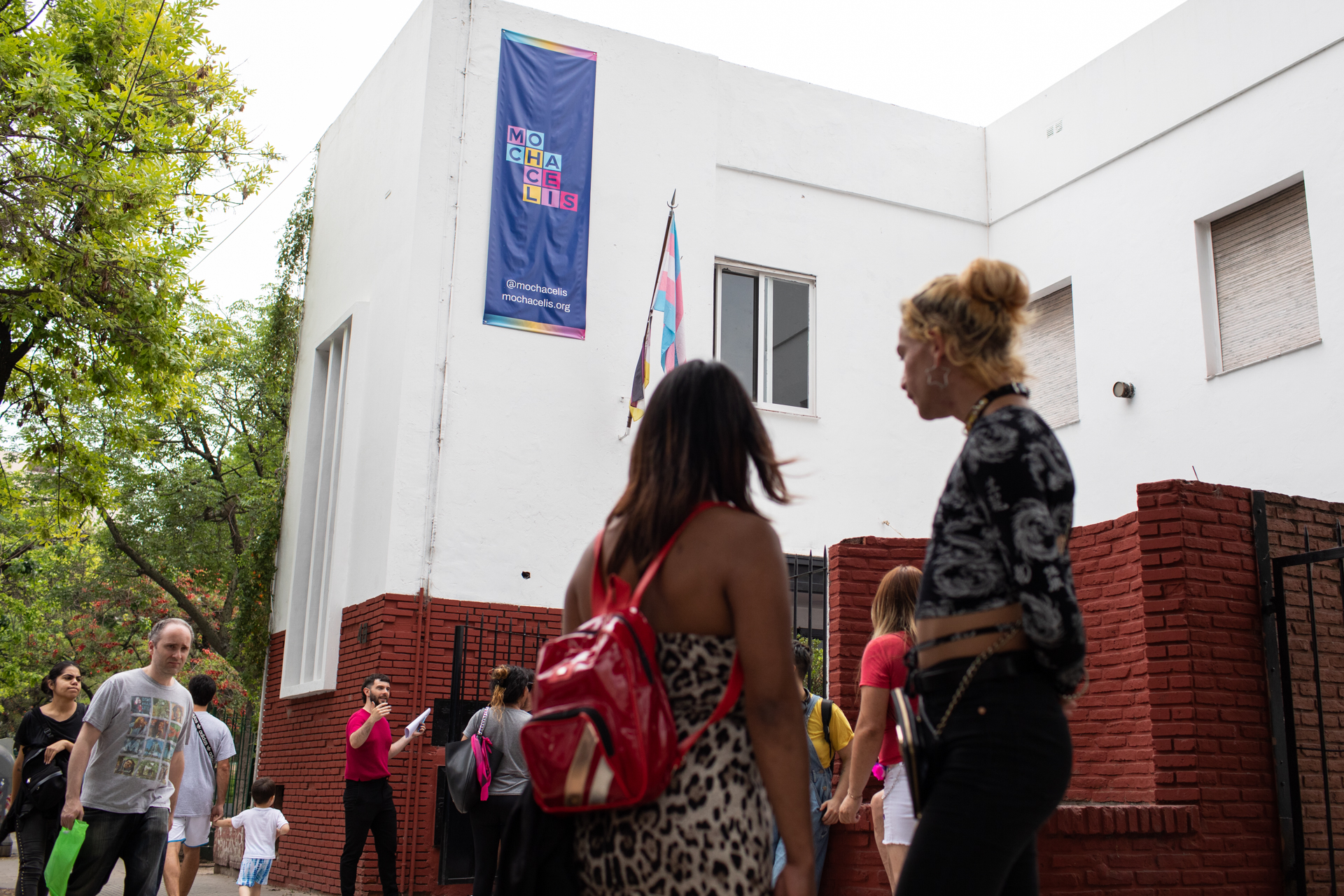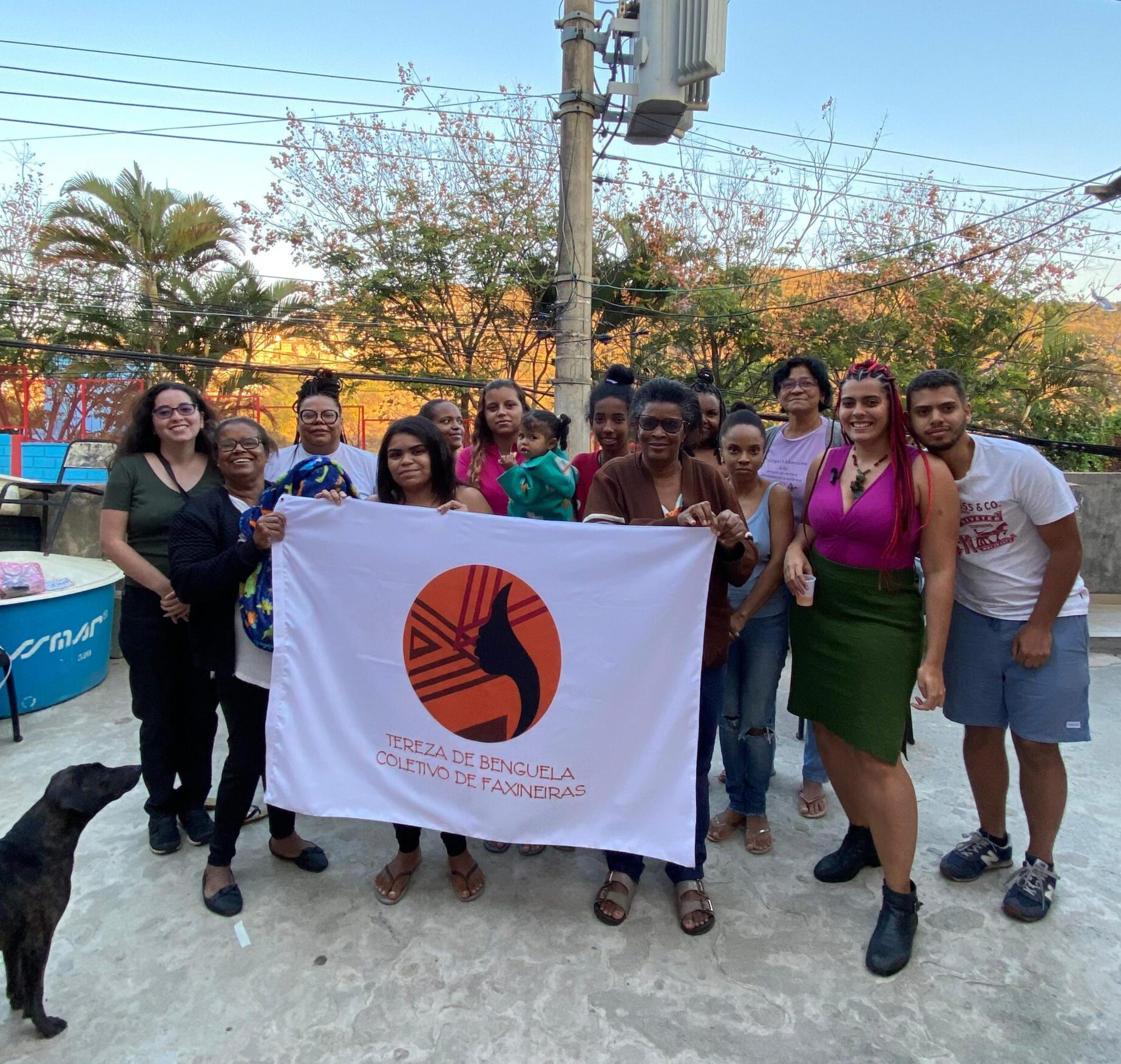Mother and son share the journey and challenges of coming to terms with being transgender as a teenager
For Laura Ribeiro da Silva, being the mother of a trans teenager means fighting daily for their personal well-being and supporting them in their demands related to transgenderism, always aiming for their development as a conscious and responsible citizen. A resident of Vitória, she believes that education is the only way to transform society.
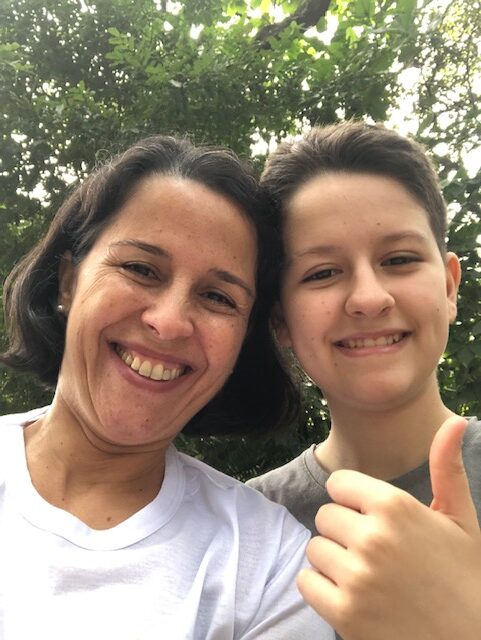
“Adolescence is a complex phase in everyone’s life, as it is the stage for major physical, hormonal and emotional changes. Being the mother of a trans teenager means fighting daily for their personal well-being as a teenager and supporting them in their transgender-related demands, always looking for their development as a conscious and responsible citizen”, says Laura Ribeiro da Silva (46), mother of Thales (13) and Olivia (11).
A resident of Vitória, Espírito Santo, she has been a professor for over 30 years and believes that education is the only way to change society.
How was supporting your son during transition?
At 11 years old, Thales told his mother about being transgender. She knew he was speaking the truth, because no one better than him to answer for his own identity. In return, Laura offered help with whatever he needed.
“He always had psychological issues in childhood, related to excessive insecurity and shyness, which were taken to psychologists at different moments, but that didn’t seem to be effectively resolved. When he came out as trans, we realized that perhaps gender identity was an issue at the heart of childhood difficulties and that, now, we could approach it in a different way.”
Challenges faced by the family
Laura says that her relationship with her family is great and they are getting closer, but the challenges, according to her, are linked to health care, as Brazil has only four outpatient clinics specialized in the transgender population of children and teenagers.
Another challenge is to educate society about transgenderism, with a view to promoting welcoming environments for our children now and in the future, so that they feel they belong. Listening to trans children is essential to learning about them. From then on, all learning will be significant in building family relationships. It is also important to know that there are support networks, NGOs where parents can find enlightenment, support and the exchange of experiences with someone who is going through a similar situation.
“Today my son is proud of who he is, he has become a vain person, happy with his image and choices. He is popular at school, has many friends and easily gets along with people.”
Thales’ father
For Glauber, it wasn’t easy when Thales came out as transgender. Expectations, plans… Everything seemed to fall apart. In addition, he says that later came the feeling of mourning for thinking he had lost a daughter. But the worst was the fear of prejudice that Thales would suffer throughout his life.
“We didn’t know which direction to go for, but we focused on the love that we felt for our son. It’s a child who, more than ever, needs our help to face a world that won’t make it easy for him. We researched, informed ourselves and seeked help from those who already had gone through something similar and, over time, we were surprised by the wonderful and free child that blossomed.”
Glauber leaves a message for other parents who are going through the same process and asks them to always think about the love they feel for their son or daughter.
“It doesn’t matter his gender identity or what sexual orientation he follows, he’s still someone you’ve always loved. Don’t let go of his/her hand when he/she needs you the most. If this transition process is already difficult for adults, imagine for a child!”
Interview with Thales
Neuza: What does being a trans person mean to you? How do you deal with prejudice?
Thales: It’s easy, but there are people who are clueless. I don’t care much. There’s a guy at school who is transphobic, but he only talks bad about me when I’m away, so I don’t report him. But I’m rude to him. People say that he says things like “did you know Thales has a vagina?”. His lack of information is just deplorable.
Neuza: At which time or age did you understand yourself as a transgender?
Thales: Since I was little, around four or five years old, I already wasn’t comfortable with myself. At 9 years old, I thought I was a lesbian.
Neuza: How do you feel with your own body today?
Thales: I don’t like it, but it is just to put on some clothes and it’s all right, my breasts don’t show as much because of the hormonal blockage. So I’m okay!
Neuza: Which message would you like to pass on to other trans teenagers?
Thales: I recommend to do therapy with a psychologist specialized in the LGBTQIA+ community; ask for help for their parents or guardians if they suffer bullying in school and, in case of abuse, report it.
Social identity
For minors under the age of 18, rectification of civil registration is done through the courts, in an audience with a judge. Once you have the judge’s sentence, take it to the civil registry office where the child was registered, and a new certificate and the full content certificate will be issued free of charge.
For more information, access Aliança Nacional LGBT.
To share this story, follow Laura Silveirano on Instagram.
Know how to report LGBTQIA+phobia
The official channel for denouncing this type of crime in Brazil is Disque 100 or Disque Direitos Humanos – which is under the responsibility of the Human Rights Secretariat. The call is free and operates 24 hours a day, 7 days a week.
Note to readers
Cisgender: It is the individual who presents themself to the world and identifies with their biological gender. Example: the female gender is usually associated with females (biological sex).
Transgender: Group that encompasses all gender identities and expressions that deviate from the existing pattern of association between certain bodily aspects of the person and their gender identity (male or female).
Transsexuality: It is the characteristic of those who identify themselves through naming, clothing and/or body transformations as belonging to a gender different from the one assigned to them at birth.
Social name: Name by which transvestites and transsexual people identify themselves and prefer to be identified, since their civil registration is not adequate to the identity and gender expression they have.
LGBTQIA+: The acronym LGBTQIA+ refers to lesbian, gay, bisexual, transgender, queer, intersex, asexual and other sexual orientations and gender identities.
